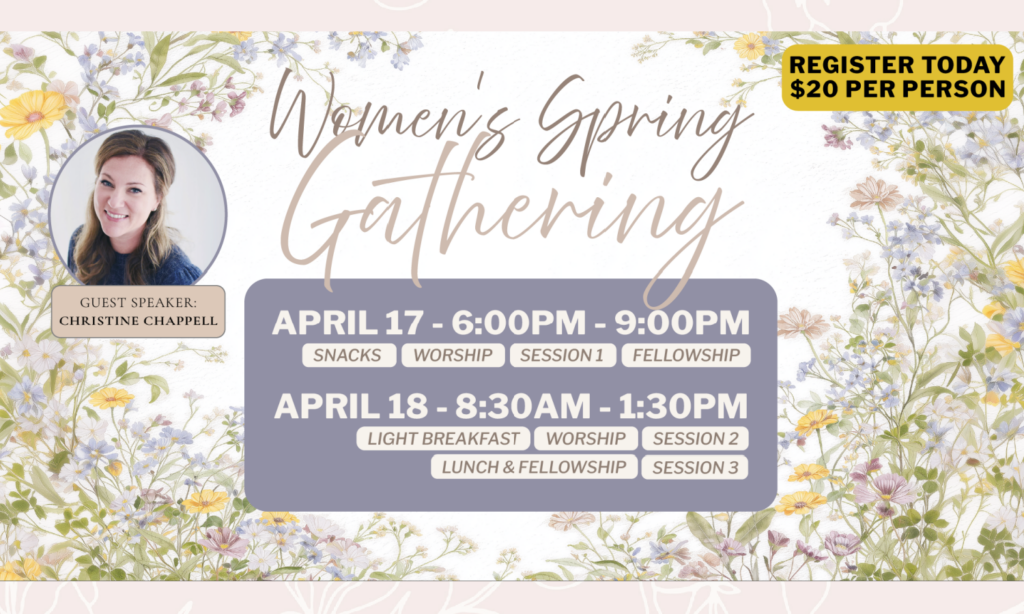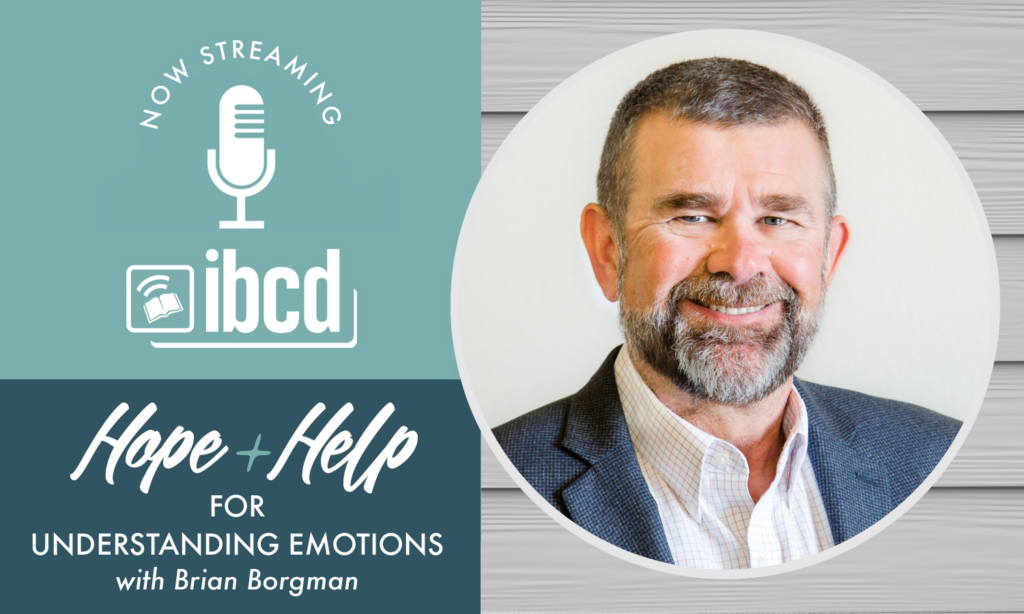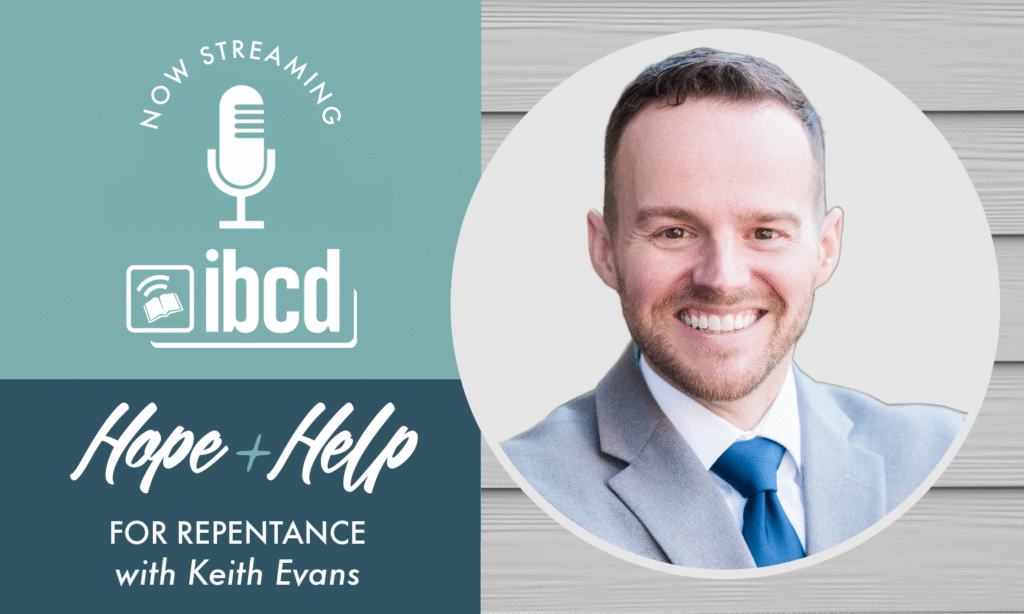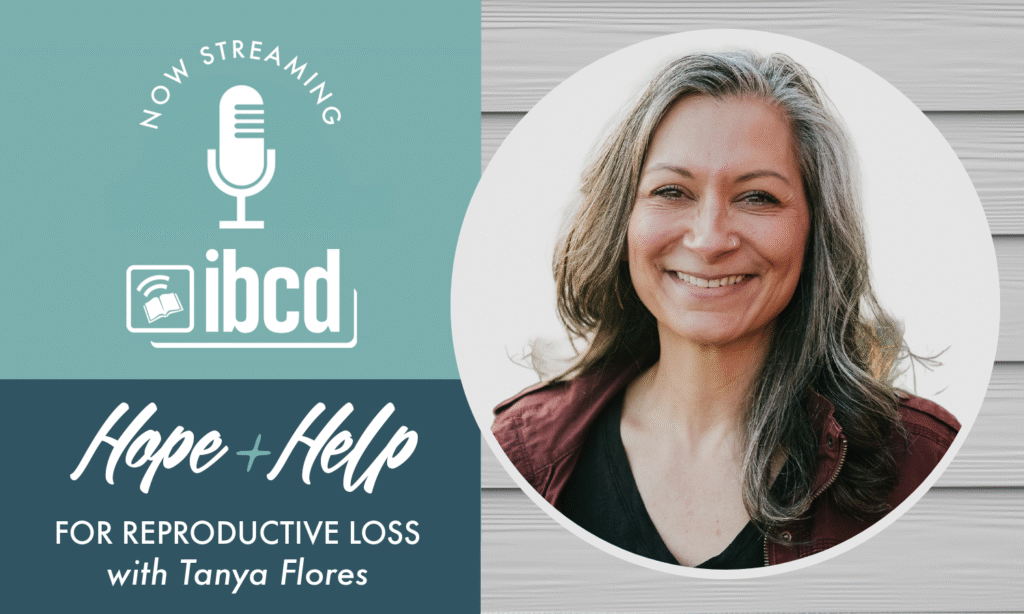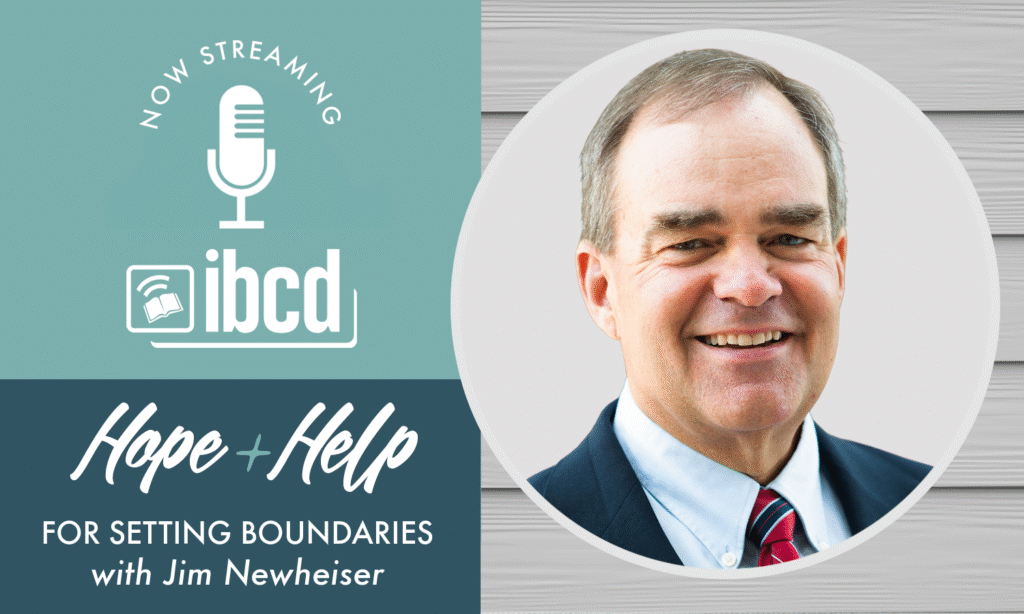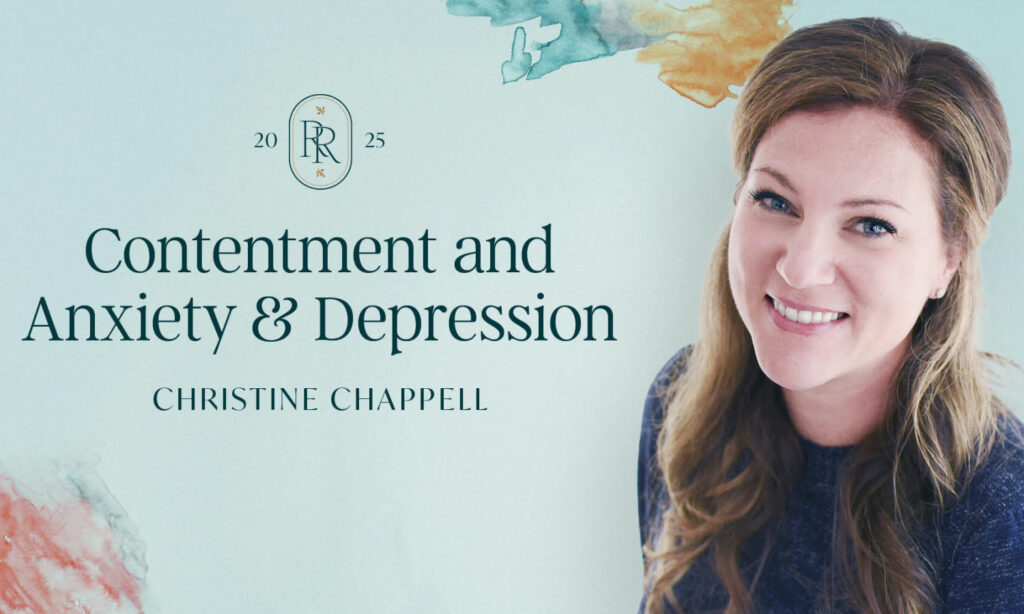I was invited by author Shauna Letellier to share a small portion of life with her readers for her Stories of Hope blog series. The following article is the first in the series, which shares modern stories of people who placed their hope in Christ and felt—at first—disappointed with his plan, purpose, or timing much like the biblical characters of Shauna's book, Remarkable Hope. Click here to view the original post of this article on Shauna's website.
Mourning Dashed Hopes:
Biblical Wisdom for Changing Seasons
as featured on Shauna Letellier's "Stories of Hope" Blog Series
I felt abandoned by God for more than five weeks. I asked friends to pray the prayers I couldn’t mutter myself, hoping they’d rub off on me while rising like incense to the One who hid his face behind the clouds. I’d battled depression on and off for years, but this go-round was different. Darker. Deeper. Disorienting. Dangerous.
All these years and dips and highs and lows and I never wanted much help. I wanted to will my emotional stability and weave God’s truth into a beautiful testimony of wellness—on my terms. I wanted to stand high on the mountaintop of victory and dance before the Lord with all my might (2 Samuel 6:14), having achieved a pinnacle of spiritual freedom through Christ. Finally in control. Finally level. Finally well.
But there was no dancing, just the suicidal tremblings of a desperate soul sobbing on the bathroom floor. Instead of pinnacles of freedom, there were crevices of despair. Instead of yearning for change, I ached to disappear from the sorrow and the stains and the shame of my sheer mortality. Self-help was no help for me at all. I could not wrestle the demons alone. I could not care for my body solely through spiritual means.
All these years and dips and highs and lows and I never wanted much help. I wanted to will my emotional stability and weave God’s truth into a beautiful testimony of wellness—on my terms. I wanted to stand high on the mountaintop of victory and dance before the Lord with all my might (2 Samuel 6:14), having achieved a pinnacle of spiritual freedom through Christ. Finally in control. Finally level. Finally well.
But there was no dancing, just the suicidal tremblings of a desperate soul sobbing on the bathroom floor. Instead of pinnacles of freedom, there were crevices of despair. Instead of yearning for change, I ached to disappear from the sorrow and the stains and the shame of my sheer mortality. Self-help was no help for me at all. I could not wrestle the demons alone. I could not care for my body solely through spiritual means.
I wanted to will my emotional stability and weave God’s truth into a beautiful testimony of wellness—on my terms.
Recognizing Dashed Hopes as Seasons of Mourning
I knew I had come to a crossroads, and I knew my body did not belong to me (1 Corinthians 6:19-20). After years of resistance, I forced myself to seek medical treatment. The decision flew in the face of everything I had been striving for. I cried. I lamented. I thrashed and wailed, and then wept and sulked. I wasn’t supposed to still be broken like this. I knew the gospel, I “did all the right things,” I had beaten this thing back before and wondered if I could do it once more. Try a little harder to get it right the next cycle around, I’d think to myself.
But after talking with my husband, we knew what had to be done. I had to lay my weapons down. I had to let the Holy Spirit lead me where I didn’t want to go: the mental hospital. I knew what I was walking into, having been there once before. With weighted, burdened, hesitant steps across the linoleum hospital floor, I shuffled through the doors.
After five weeks of spiritual destitution, words of consolation were given to me by the Holy Spirit:
“When I am afraid, I will put my trust in you.” (Psalm 56:3)
I finally sought treatment for the physical components of my struggles with depression and hypomania. That day, Jesus made clear a new season was about to come: I could surrender the hope of fixing myself and instead find peace by simply belonging to him—no strings of wellness attached.
But after talking with my husband, we knew what had to be done. I had to lay my weapons down. I had to let the Holy Spirit lead me where I didn’t want to go: the mental hospital. I knew what I was walking into, having been there once before. With weighted, burdened, hesitant steps across the linoleum hospital floor, I shuffled through the doors.
After five weeks of spiritual destitution, words of consolation were given to me by the Holy Spirit:
“When I am afraid, I will put my trust in you.” (Psalm 56:3)
I finally sought treatment for the physical components of my struggles with depression and hypomania. That day, Jesus made clear a new season was about to come: I could surrender the hope of fixing myself and instead find peace by simply belonging to him—no strings of wellness attached.
Learning to Adapt to the Seasonal Spectrum
Author Zack Eswine writes, “Many of our frustrations rise from our blindness to the change of season or to the pain or joy of them, and we struggle to adjust our expectations.” This was true of the experience I shared above. I could not perceive the new way the Lord was bringing help and healing into my life because I blindly presumed the only way to recover was through self-determination. I wanted to dance, to laugh, to sew, to experience peace—but such were not the times (Ecclesiastes 3:4-8). During those days of struggle I mourned, wept, tore, and was at war with myself, believing I was experiencing a season I should have been immune to.
The arms of a clock take their turns pointing upward and downward. The sunrise requires a sunset. The dusting of white winter snow yields to the dusting of yellow spring pollen. There are times when we’ll struggle and experience the full-blown severity of life with a broken body. And there are times where we’ll progress and celebrate the sweet sensation of our wounds finding their balm in Christ and his helps. Like the numbers on the clock, seasons are what they are—no season is “wrong” when its turn is summoned. Seasons each have their purposes, their pleasures, their pains, their pressures, and we either adapt and trust God with all our times (Psalm 31:15) or we desperately cling to the times we imagine for ourselves and slowly self-destruct when they don’t come to fruition (Proverbs 16:9).
Through the dashed hope of self-preservation, Christ taught me the true and better hope of trusting him fully with my ever-evolving times.
Whatever season we find ourselves in, the Scriptures tell us that Christ is always working to spring forth a new thing we cannot yet perceive (John 5:17, Isaiah 43:19). Yet, sometimes our inability to perceive the road ahead causes us to become hopeless or fearful. When this happens, Eswine encourages us “that the way forward in our seasons is not found in rehearsing what we do not know, but in remaining faithful to what we do.”
The arms of a clock take their turns pointing upward and downward. The sunrise requires a sunset. The dusting of white winter snow yields to the dusting of yellow spring pollen. There are times when we’ll struggle and experience the full-blown severity of life with a broken body. And there are times where we’ll progress and celebrate the sweet sensation of our wounds finding their balm in Christ and his helps. Like the numbers on the clock, seasons are what they are—no season is “wrong” when its turn is summoned. Seasons each have their purposes, their pleasures, their pains, their pressures, and we either adapt and trust God with all our times (Psalm 31:15) or we desperately cling to the times we imagine for ourselves and slowly self-destruct when they don’t come to fruition (Proverbs 16:9).
Through the dashed hope of self-preservation, Christ taught me the true and better hope of trusting him fully with my ever-evolving times.
Whatever season we find ourselves in, the Scriptures tell us that Christ is always working to spring forth a new thing we cannot yet perceive (John 5:17, Isaiah 43:19). Yet, sometimes our inability to perceive the road ahead causes us to become hopeless or fearful. When this happens, Eswine encourages us “that the way forward in our seasons is not found in rehearsing what we do not know, but in remaining faithful to what we do.”
Seasons each have their purposes, their pleasures, their pains, their pressures, and we either adapt and trust God with all our times or we desperately cling to the times we imagine for ourselves and slowly self-destruct when they don’t come to fruition.
Clinging to Gospel Hope in Every Season
Jesus knew the seasons of his life on earth were ordained. My time has not yet come, he said (John 2:4, John 7:6, John 7:30). My time is at hand, he later proclaimed (Matthew 26:18). His sensitivity to the times is sage wisdom for us. But more than wisdom, Jesus’s experiential knowledge of our times under the sun ushers in divine hope. In Christ, we have a high priest who himself traversed the entire spectrum of mortal seasons, and promises to walk through them with us (Matthew 28:20). Eswine comforts, “We are learning that whatever time it is, Jesus is there with us.”
The worst of seasons, Jesus has overcome! And the best of seasons are no match for the times to come in Heaven (1 Corinthians 2:9)! We may mourn, but praise God we will never know the depths of mourning experienced by the forsaken Son upon the cross (Matthew 27:46). We may dance, but one day we will spin and leap and wave our arms as the thrill of redemption finds its fulfillment at the wedding feast (Revelation 19:9).
All of this hope and resurrection life is granted to us because Christ volunteered to put aside his crown for a season; he obediently drank the cup of wrath when his time had come; he victoriously conquered death and rose again when three days passed; he shares the promise of new life with those who put their trust in him for eternal salvation. Our times are bound up in his times, that we may learn how to be brought low and how to abound in every season:
Through him who strengthens us (Philippians 3:4:12-13).
The worst of seasons, Jesus has overcome! And the best of seasons are no match for the times to come in Heaven (1 Corinthians 2:9)! We may mourn, but praise God we will never know the depths of mourning experienced by the forsaken Son upon the cross (Matthew 27:46). We may dance, but one day we will spin and leap and wave our arms as the thrill of redemption finds its fulfillment at the wedding feast (Revelation 19:9).
All of this hope and resurrection life is granted to us because Christ volunteered to put aside his crown for a season; he obediently drank the cup of wrath when his time had come; he victoriously conquered death and rose again when three days passed; he shares the promise of new life with those who put their trust in him for eternal salvation. Our times are bound up in his times, that we may learn how to be brought low and how to abound in every season:
Through him who strengthens us (Philippians 3:4:12-13).

Christine M. Chappell
Author/Writer/Speaker
Christine Chappell is the author of Clean Home, Messy Heart, the host of The Hope + Help Project podcast, and is a guest contributor at Desiring God. She writes frequently about motherhood, sin, and sorrow at her blog, has completed biblical counseling certificates with the Institute for Biblical Counseling & Discipleship, and is currently pursuing certification with the Association of Certified Biblical Counselors.
Click to learn more about my weekly resources.
Every week, a different topic.
Carefully curated Christ-centered resources designed to equip you to face life's challenges with courage and clarity.
Helpful for sufferers, strugglers, and supporters alike.
Click the picture to the left, or the mail icon above to learn more about my weekly deliveries.
Or, if you know you want to receive them already–complete the form below.
Helpful for sufferers, strugglers, and supporters alike.
Click the picture to the left, or the mail icon above to learn more about my weekly deliveries.
Or, if you know you want to receive them already–complete the form below.
- All
- Blog Collection
- Events
- Biblical Counseling
- Faith in Life
- Lament
- Anxiety & Fear Episodes
- Christian Living Episodes
- Depression & Grief Episodes
- Hope + Help Podcast
- Addictive Habits Episodes
- Ask the Counselor
- Depression & Grief
- Grief & Loss
- Media & Interviews
- On-Demand Videos
- Press and Interviews
- Family Episodes
- Motherhood
- Motherhood Episodes
- Parenting Episodes
- Depression & Anxiety
- Live Recordings
- Articles
- For Care Providers


